Scuba Diving After a Heart Attack
By Sean Harrison
Discover how one man’s journey from a heart-stopping mountain biking incident led to a cautious yet triumphant return to scuba diving, offering vital insights into balancing passion with health safety.
A Family’s Passion for Outdoor Sports
My family and I live a fairly active lifestyle, meaning we have a house and garage full of gear. This also satisfies the gearhead in me. One activity we enjoy is mountain biking or trail riding. A premier place for mountain biking is the Northeast Kingdom of Vermont, at a location called Kingdom Trails. The setting is very remote which means less car traffic, more open lands, and hundreds of miles/kilometers of trails to ride. I am not the most experienced mountain biker and I’m a little older in age, but my mind and pride have not caught up with my age. I was riding in a skills park that had trails, beginner, intermediate and advanced, of course I went down the advanced! As I started pedaling back up the trail, I was sweating and working to catch my breath, nothing unusual for me. When I reached the top of the trail and met back up with my family, I got off my bike to recover. I wear a watch to track exercise and heart rate, at the time I was wearing the Garmin Instinct. This is where things got interesting.
Unexpected Challenge: Heart Rate Warnings and a Scary Realization
I was very used to watching my heartrate and the speed of recovery, this point became very important and a learning lesson. My resting heart rate is around 60 bpm or below and I typically recover quickly. After sitting on the ground in the shade for roughly 30 minutes, I was still trying to catch my breath, still sweating, and my heart rate was not coming down below 100 bpm.
Against my wife’s advice and better judgment, I pushed my bike back to the car. After a quick situational assessment and explaining to my wife what I was feeling, her Google search confirmed my fears, heart attack.
Heart Attack Confirmation and the Journey to Recovery
I didn’t have the classic “this is the big one” symptoms, what I had was jaw stiffness, total body discomfort, and my heart rate would not come down. Quick drive to the local hospital and they confirmed what Google thought it was. Helicopter ride from that rural hospital to a better hospital and I was on my way to a fully functioning heart, well…mostly.
Something I did not know, but learned, after a heart attack and after a stent is installed, it does not mean your heart is working as it did when you were in your prime, your ejection fraction is less. In layperson terms, your ejection fraction is the volume of blood your heart pushes out every time it beats. All these details set the stage for how I got back into diving and the physical and mental challenges that presented.
Resuming Scuba Diving Post-Heart Attack: Physical Preparations
Since the last 30 plus years of my life has involved scuba diving, some years more than others, I wanted to be able to continue diving. The year after my heart attack was also the year I was going to certify my two sons. Contrary to what some people think, scuba diving can be strenuous, and your body and heart need to be prepared for that. The first stage for me was – if I do anything strenuous, am I going to die? After some reassurance from a few cardiologists, eight weeks of cardiac rehabilitation, and physically I felt like I was ok.
Mental and Physical Readiness for Returning to the Depths
The next stage was getting my mind in the right place, just like the body, the mind must be in the right space if you are going to go for a dive. This stage took a little longer and I was not willing to rush it. For my mind to be in the right place and get the reassurance I needed, I started doing regular exercise every day (at least 30 minutes) and went back to watching my watch. Seeing my heart rate go up (I was told not to go above 135 bpm) and then recover like it used to, maybe quicker, my confidence was coming back. I had a six month follow up with my cardiologist that included an ultrasound and all my results were back to normal.
I will not bore you with what “normal” is, you can look that up pretty easily. At this point I brought the UHMS Recreational Diving Medical Screening forms to my cardiologist, let her read them and answered any questions she had regarding scuba diving and she signed it! This gave me the mental reassurance I needed to start diving again, but cautiously. Despite my years of diving in challenging environments, with any piece of equipment, to deep depths, all I felt comfortable with was warm clear water and shallow depths.
The First Dive Post-Recovery: Navigating Fear and Caution
My first dive was a shallow dive in Mexico, and it felt good but to be honest, it was a little scary. I had to take one step at a time, putting on the wetsuit, carrying the gear, making that giant stride, breathing underwater again. Each one of those steps required me to do a quick inventory, is my heart still working? Do I feel normal? Is my jaw tightening up? This happened repeatedly, at every change of depth. At the end of the one hour dive I felt great! One thing I forgot to mention, I was completely open with the few people I was diving with, they knew I had had a heart attack and they knew I had been medically cleared but was still a little nervous. On this trip I did 10 or 15 dives, each dive got a little easier. Later that same summer I did some local dives in a lake and two ocean dives off the coast of Maine. I was able to certify my sons after all.
Concluding Insights: Diving After a Heart Attack with Caution and Awareness
The moral of my story is, you can dive after a heart attack but make sure you are medically fit and mentally ready. Also, make sure the people you do your dives with know your situation and how to help you if you need it. Also, no matter how experienced you are, take it easy and make sure mentally you are ready to dive, only you can answer that question honestly.
First Response Training International offers courses in First-aid, CPR, AED, Workplace Safety, and more. To learn more about our classes and curriculum visit our Training Programs page. If you are interested in becoming a First Response CPR/First-aid Instructor, visit our Becoming an Instructor page. Thank you for reading and sharing this blog.

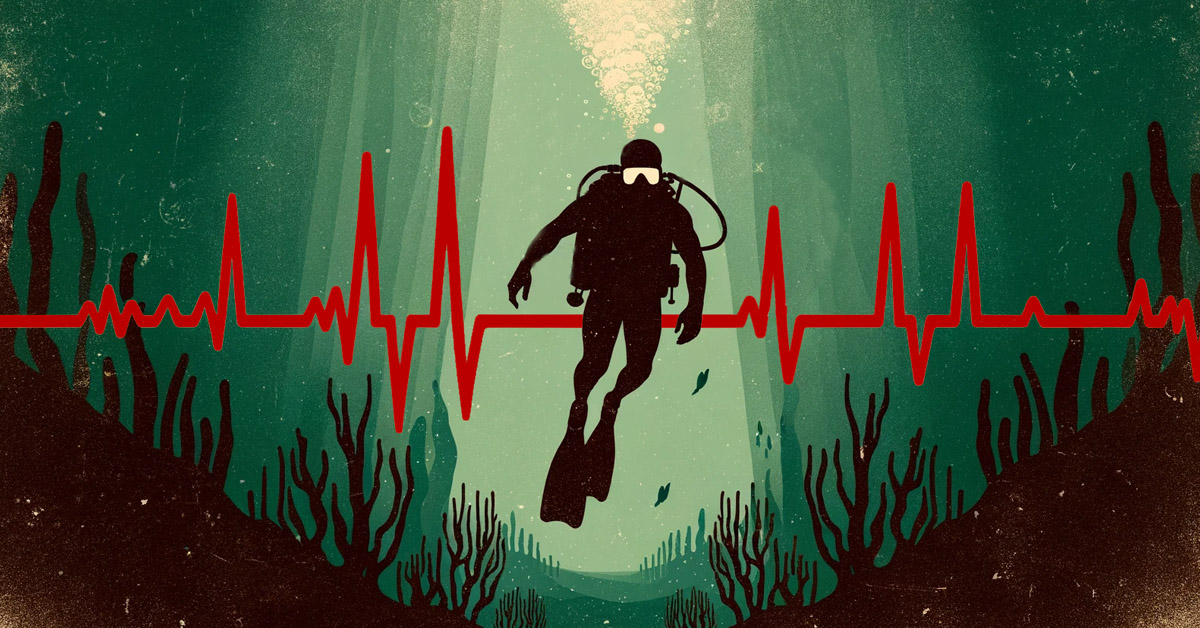
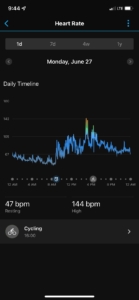





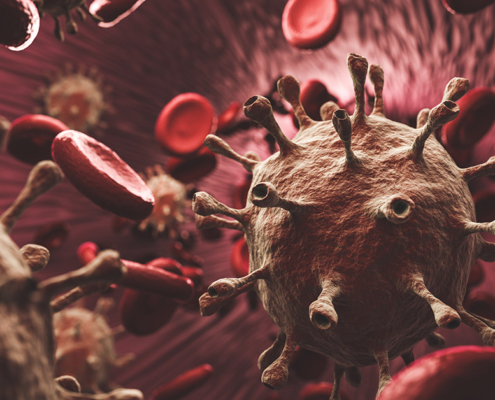



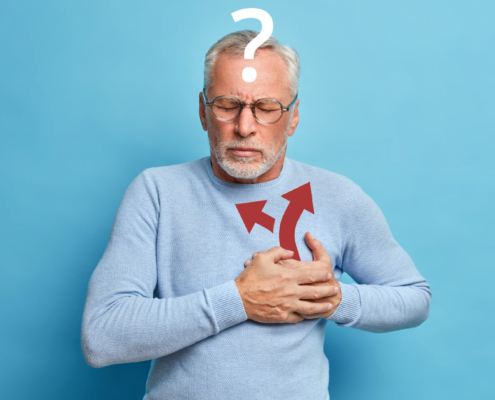
Leave a Reply
Want to join the discussion?Feel free to contribute!